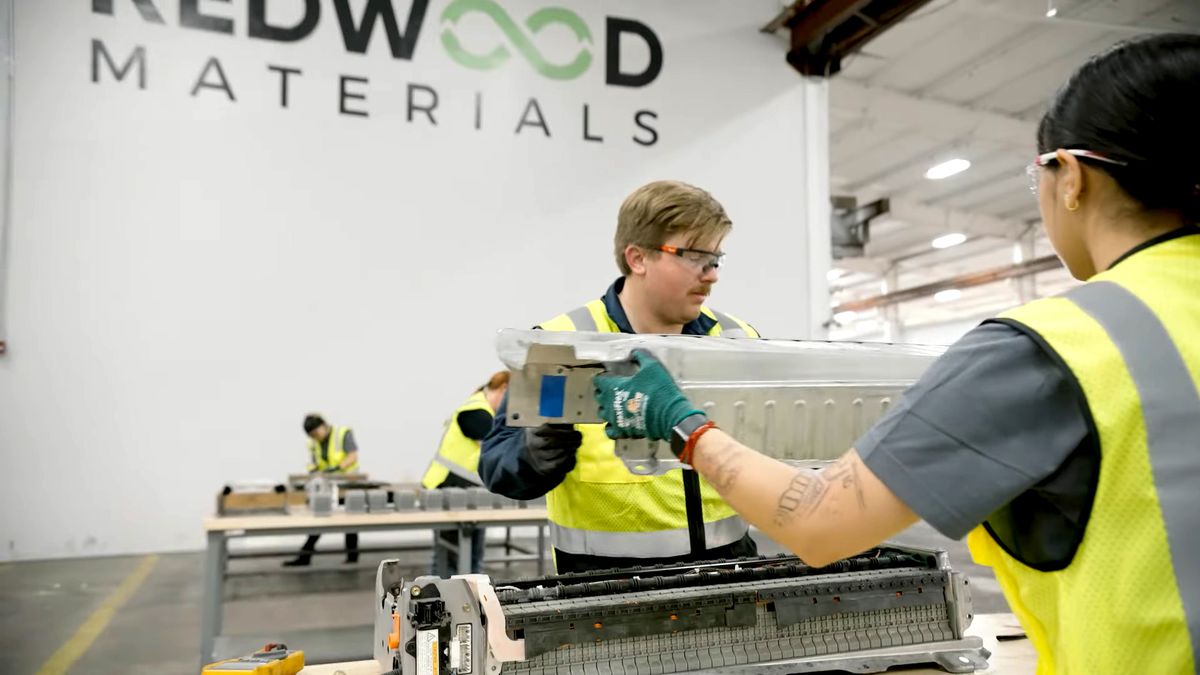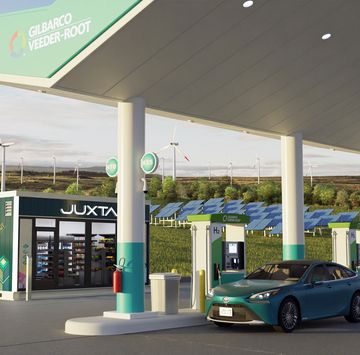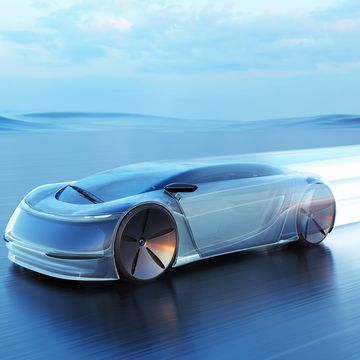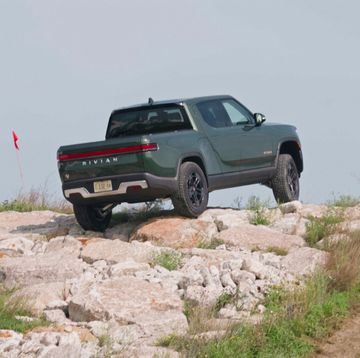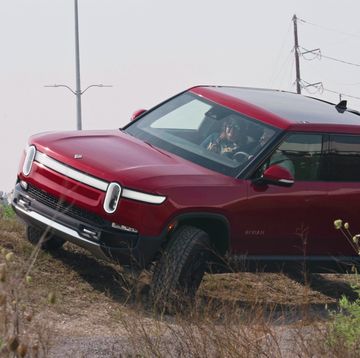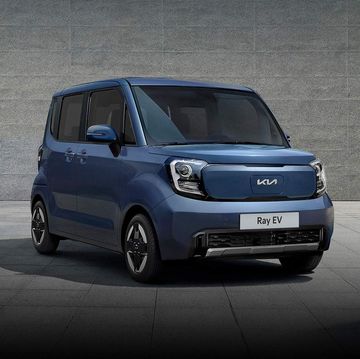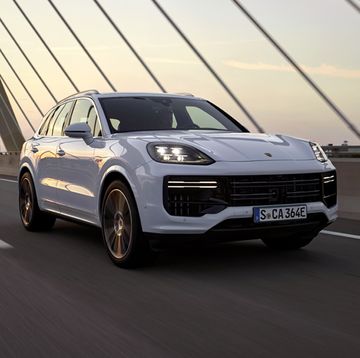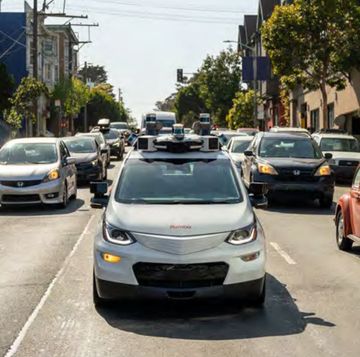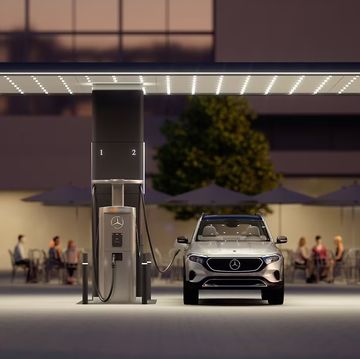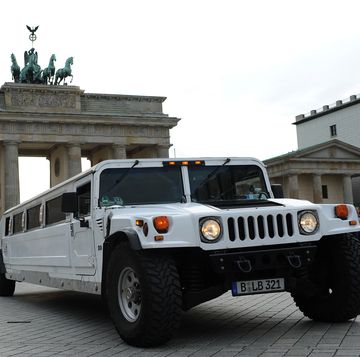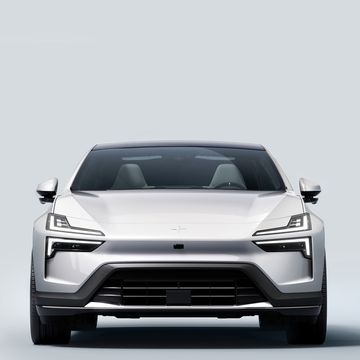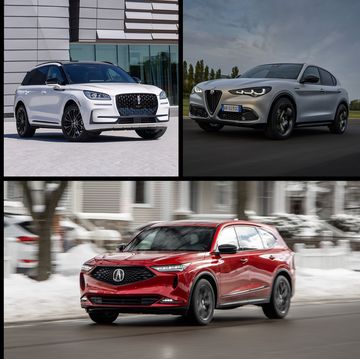- Volkswagen partners with Nevada-based Redwood Materials to recycle EV batteries from VW and Audi vehicles.
- The company aims to recover over 95% of lithium, copper, nickel, and cobalt from EV batteries, and prepare them to be reused in new EV batteries by manufacturers in the US.
- VW has launched a pilot plant in Europe aimed at EV battery recycling at its EV hub in Salzgitter, and is researching ways to automate the process.
Volkswagen has already launched a pilot EV battery recycling plant at its first EV battery hub in Salzgitter, Germany, that will eventually recover materials from batteries on an industrial scale, along with other VW hubs in Europe. But Europe isn't the only region where the VW Group sells EVs at the moment.
The automaker has now partnered with Redwood Materials, a battery recycling company based in Carson City, Nevada, to do the same for Volkswagen and Audi EVs in the states, aiming to recover over 95% of lithium, copper, nickel, and cobalt from EV batteries. Redwood will then use these materials at its facility in northern Nevada to remanufacture anode and cathode components that battery manufacturers will then employ to create new EV batteries here in the US.
"Annually, 6 GWh of lithium-ion batteries, enough to build more than 60,000 EVs, come through Redwood’s doors—the majority of the lithium-ion batteries recycled in North America today—and we've been ramping our processes in preparation for even more batteries as the first wave of electric vehicles begins to retire from our roads," Redwood says.
The aim is to create a closed-loop battery supply chain once older EVs reach the end of their usable life cycle, keeping the raw materials here in the US and thus skipping the costly mining stage. This approach to manufacturing is expected to drive down the material costs and the prices of EVs themselves, given the fact that the battery is the single most expensive component in an EV, often accounting for 20% to 30% of the vehicle sticker price.
"Additionally, given the distance the materials inside batteries must travel today from mine to battery cell—more than 50,000 miles—and these metals' infinite recyclability, we can ensure the initial carbon cost of mining these materials can be reduced every time, making batteries more and more sustainable," the company points out.
VW itself has recently set out to create a closed loop by recycling EV batteries multiple times. A recent project dubbed HVBatCycle is a three-year effort by VW along with its industrial and research partners to create large industrial processes to keep the cathode materials, graphite, and electrolyte in a permanently closed material cycle. Specifically, VW wants to create a largely automated dismantling process for EV batteries, all the way down to the electrode or cell level to recover the raw materials, to make the process less labor intensive and less reliant on physical disassembly.
Still, it will be a while before the recycling process gains scale in Europe and the US, as the number of EVs retiring from the roads isn't as high as it will be in the coming years. But it's not hard to see this becoming a major industry within a decade, and recycling specialists dealing with a massive bottleneck of EV batteries waiting to be recycled.

Jay Ramey grew up around very strange European cars, and instead of seeking out something reliable and comfortable for his own personal use he has been drawn to the more adventurous side of the dependability spectrum. Despite being followed around by French cars for the past decade, he has somehow been able to avoid Citroën ownership, judging them too commonplace, and is currently looking at cars from the former Czechoslovakia. Jay has been with Autoweek since 2013.
